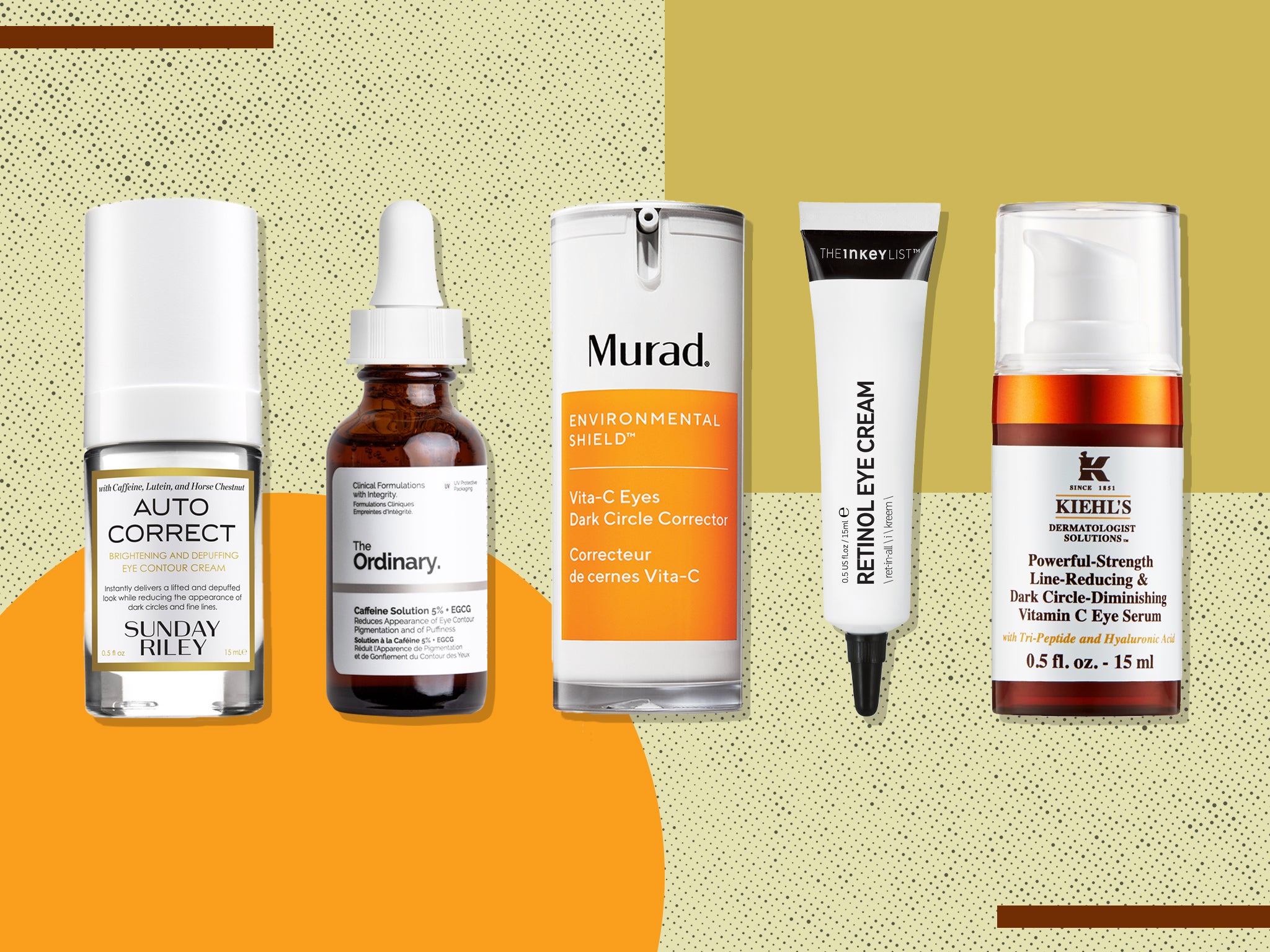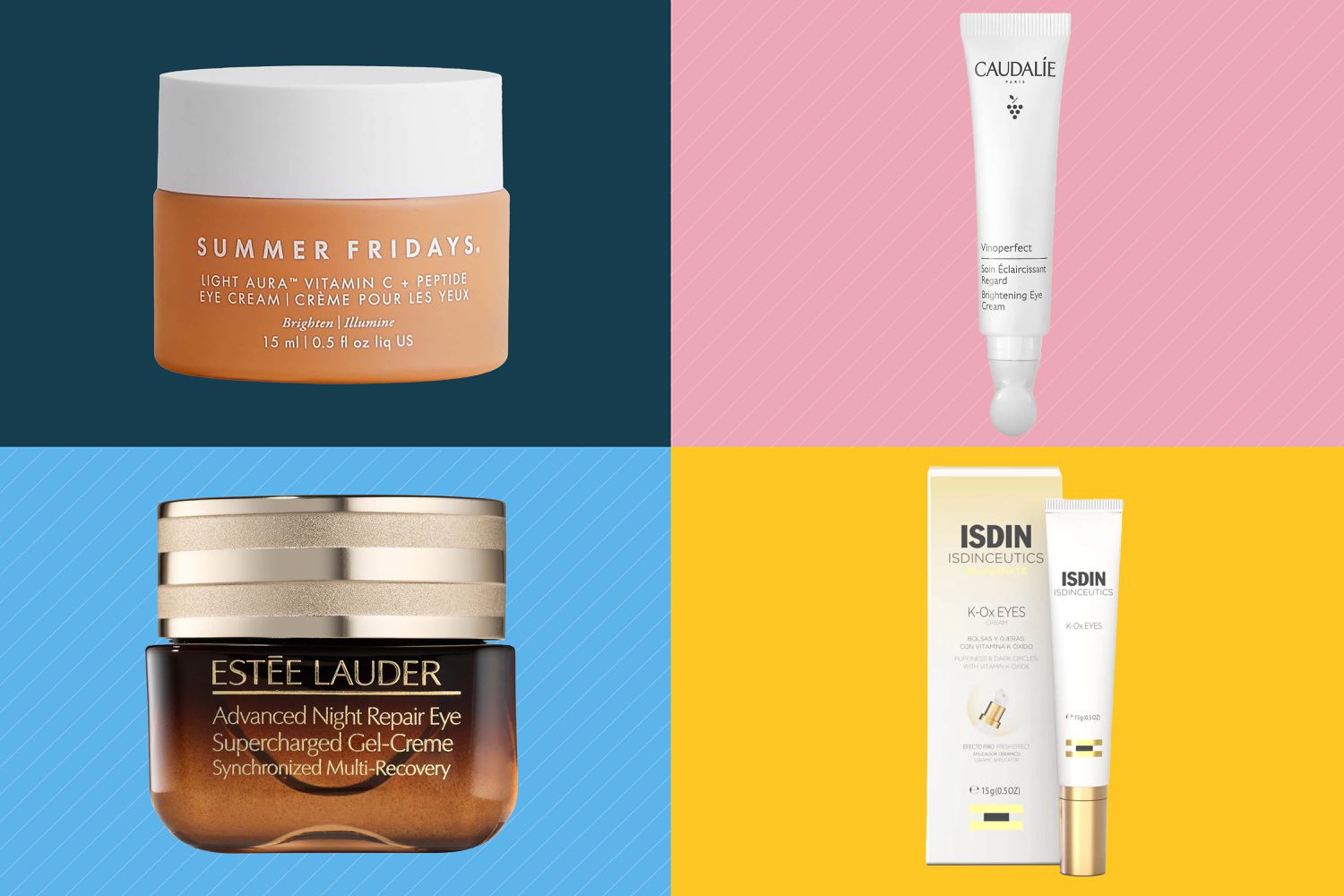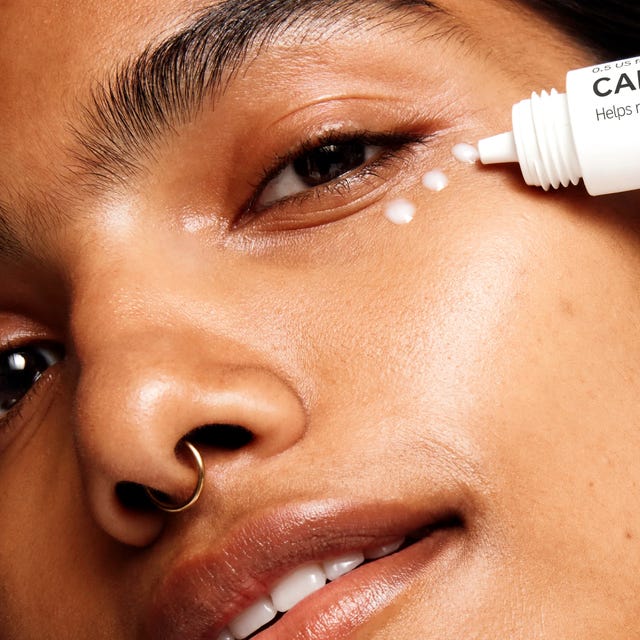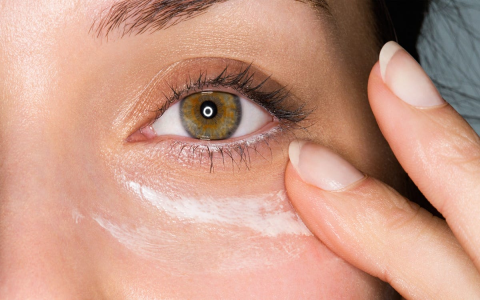What Are Eye Serums and Creams? Your Ultimate Guide to Eye Care Essentials
Before we jump into the whole eye serum vs cream debate, let’s get clear on what these products actually do. Both are designed to help with common eye troubles like dark circles and puffiness, but they’re not quite the same.
An eye serum is usually lightweight and absorbs quickly. It’s packed with active ingredients like hyaluronic acid, peptides, and antioxidants that work hard to treat specific issues. On the other hand, an eye cream tends to be thicker and richer, focusing more on moisturizing and protecting the delicate skin around your eyes.

So, serums are more about targeted treatment, while creams are about hydration and barrier support.
Key Differences Between Eye Serum and Eye Cream You Need to Know
Picking the right product means knowing what sets them apart. Here’s a quick look at five important differences:
- Texture: Serums feel light and gel-like, while creams are thicker and more nourishing.
- Absorption: Serums soak in fast, making them great under makeup.
- Ingredients: Serums usually pack a bigger punch with active ingredients.
- Purpose: Serums treat specific problems; creams hydrate and protect.
- Packaging: Serums often come with droppers or pumps; creams usually come in jars or tubes.
How Eye Serums Fight Dark Circles and Puffiness Like a Pro
Eye serums are like little powerhouses for tired eyes. They often contain ingredients like caffeine, which helps reduce puffiness, vitamin C to brighten dark circles, and peptides that boost collagen production. Because they’re lightweight, they’re perfect if your skin feels sensitive or if you don’t like heavy products around your eyes. Plus, serums work quickly by penetrating deep into the skin, helping improve tone and texture fast.
Why Eye Creams Are Still a Must-Have for Dark Circles and Puffiness
Don’t write off eye creams just yet! They’re essential, especially if your skin tends to be dry or mature. Eye creams are rich in moisturizing ingredients like shea butter and ceramides that lock in hydration and protect the skin’s barrier. Many also include soothing ingredients like aloe vera or chamomile, which calm irritation. So, if your skin needs extra nourishment, creams are your best friend.
Eye Serum vs Cream: Which One Wins for Dark Circles? The Science and Facts
When it comes to dark circles, here’s the scoop. Serums usually brighten the skin with antioxidants and vitamin C, and caffeine helps improve circulation to reduce the look of darkness. Creams, meanwhile, hydrate and plump the skin, which can soften shadows but might not lighten pigmentation as much as serums do. For stubborn dark circles, many people find using both together works best—serum first to treat, then cream to hydrate.
Puffiness Showdown: Eye Serum vs Cream – What Works Faster?

Puffiness can be a real mood killer, but here’s what you need to know. Eye serums, especially those with caffeine and cooling ingredients, tend to reduce swelling quickly. Eye creams, on the other hand, offer longer-lasting hydration that helps prevent puffiness from coming back. A smart routine is to use serum in the morning for that instant de-puff effect and cream at night to deeply nourish your skin.
When and How to Use Eye Serums and Creams for Maximum Glow
Timing and how you apply these products can make a big difference. In the morning, a lightweight eye serum can brighten and reduce puffiness before you put on makeup. At night, a nourishing eye cream helps repair and hydrate your skin while you sleep. If you want to layer both, apply the serum first so it can penetrate, then follow up with the cream to lock in moisture. And a little tip: use your ring finger to gently tap the product around your eyes—this finger applies the least pressure and helps avoid tugging.
Common Mistakes to Avoid When Using Eye Serums and Creams
Don’t let simple slip-ups get in the way of your glow-up! Here are some common mistakes to watch out for:
- Using too much product – a pea-sized amount is plenty.
- Rubbing or pulling at the delicate skin around your eyes.
- Skipping sunscreen – UV rays can make dark circles worse.
- Ignoring ingredient sensitivities that might irritate your skin.
- Applying cream before serum (always serum first!).
- Not patch-testing new products before full use.
- Expecting instant results – consistency is key for real change.
How to Choose the Right Eye Product Based on Your Skin Type and Concerns
Everyone’s skin is different, so here’s a quick guide to help you pick the best product for you:
- Oily skin: Go for lightweight serums with mattifying ingredients.
- Dry skin: Choose rich, hydrating creams packed with ceramides and oils.
- Sensitive skin: Opt for fragrance-free, soothing formulas with minimal ingredients.
- Combination skin: Try using serum in the morning and cream at night.
Final Tips: Combining Lifestyle Hacks with Eye Serum and Cream for Best Results
Great skincare works best when paired with healthy habits. Here are some easy lifestyle tips to boost your eye care routine:
- Get 7- hours of sleep to naturally reduce puffiness.
- Stay hydrated to keep your skin plump and fresh.
- Use cold compresses or chilled spoons on your eyes for quick de-puffing.
- Eat foods rich in antioxidants to support skin health from the inside out.
- Avoid rubbing your eyes to prevent irritation and damage.
With the right products and a little care, you can say goodbye to tired eyes and hello to a brighter, fresher look every day.




